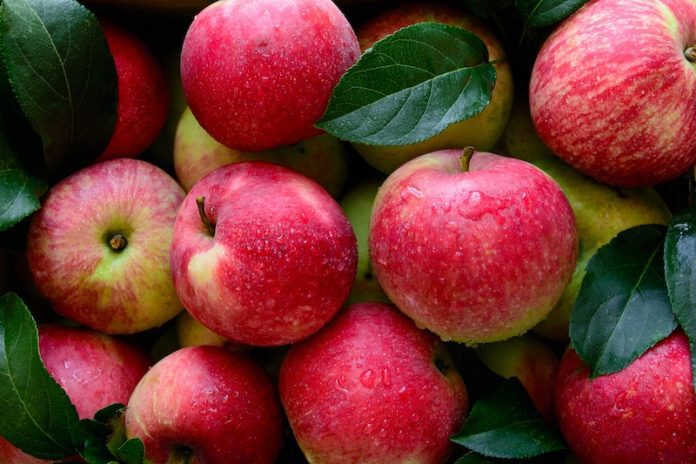
Dementia is a condition that affects your brain and makes it harder for you to remember things or think clearly. Alzheimer’s and vascular dementia are the most common types.
While Alzheimer’s is often linked to abnormal proteins in the brain, vascular dementia happens when blood vessels in the brain get damaged.
How Can Food Help?
Researchers from Edith Cowan University decided to look into how eating certain foods could affect your risk of getting dementia. They focused on flavonoids, special nutrients found in many fruits and vegetables.
Flavonoids are good for you because they reduce inflammation and protect your cells from damage.
These nutrients are commonly found in foods like onions, kale, lettuce, tomatoes, apples, grapes, berries, as well as in tea and red wine.
The study looked at nearly 56,000 people from Denmark over a period and found something interesting. Those who ate moderate amounts of flavonoid-rich foods seemed to have a lower risk of getting vascular dementia.
However, flavonoids didn’t show a strong connection with lowering the risk of Alzheimer’s or other kinds of dementia.
Who Benefits the Most?
The study also found that people who smoked at some point in their lives (“ever” smokers) and those who didn’t have high cholesterol seemed to get more protection against dementia when they ate flavonoid-rich foods.
The same was true for people who were in the “normal” to “overweight” range.
What’s the Takeaway?
The main point is that a balanced diet featuring foods rich in flavonoids could be a simple way to reduce your risk of getting dementia, especially vascular dementia.
While it’s not a guaranteed shield against all types of dementia, it’s another reason to include more fruits, veggies, and healthy beverages like tea in your diet.
This study, led by Dr. Nicola Bondonno, is a step forward in understanding how our eating habits can directly affect our brain health.
It was published in the Alzheimer’s and Dementia journal, adding to the growing body of research on how lifestyle choices can impact long-term health.
Follow us on Twitter for more articles about this topic.
Copyright © 2023 Scientific Diet. All rights reserved.





